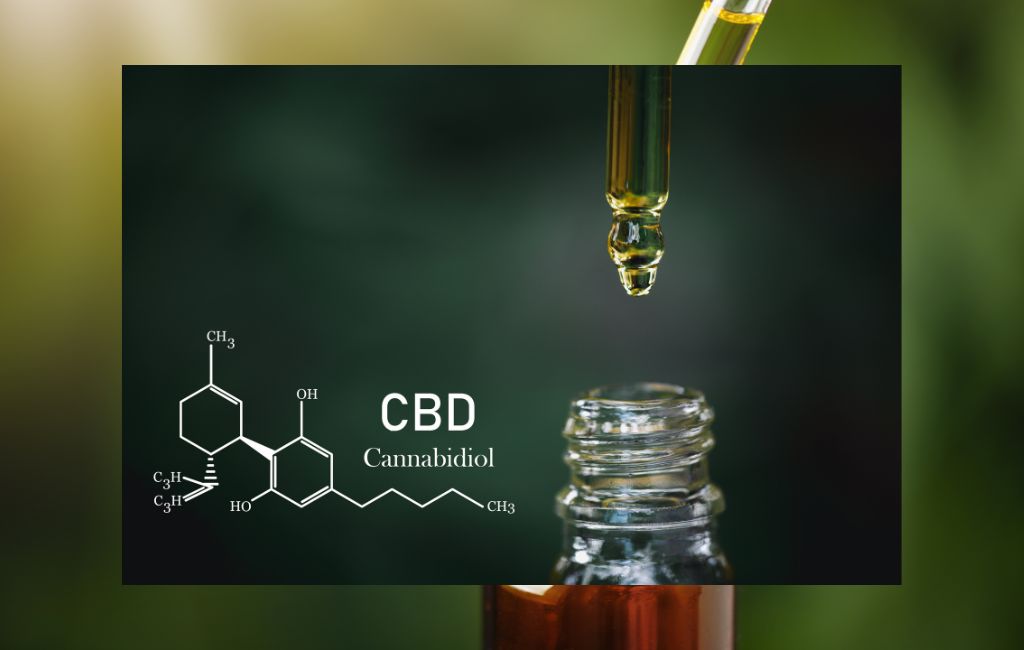Choosing the Right CBD Oil for You
With the growing popularity of CBD oil, many individuals are exploring its potential benefits. However, selecting the right product can be challenging given the variety of options available. This article aims to guide you through the process of choosing the most suitable CBD oil for your needs.
Understanding CBD Oil
CBD, or cannabidiol, is a compound found in cannabis plants. Unlike THC, another well-known compound, CBD does not produce psychoactive effects. This makes it an attractive option for those seeking relief from various conditions without the mind-altering effects of marijuana.
Types of CBD Oil
CBD oil comes in several forms, each with unique characteristics:
- Full-Spectrum CBD: Contains all cannabinoids found in the cannabis plant, including trace amounts of THC. This type is believed to produce the “entourage effect,” where all compounds work together to enhance benefits.
- Broad-Spectrum CBD: Similar to full-spectrum but without THC. It still offers the entourage effect without the risk of psychoactive effects.
- CBD Isolate: Pure CBD with no other cannabinoids. Ideal for those who want to avoid THC entirely.
Factors Influencing Your Choice
Several elements can impact your decision when selecting CBD oil:
Purpose of Use
Consider why you are interested in using CBD oil. Some common reasons include managing anxiety, alleviating pain, or improving sleep. Different formulations may be more effective for specific conditions.
Concentration and Dosage
CBD oils come in various concentrations, typically measured in milligrams (mg). Beginners might start with a lower concentration and gradually increase as needed. It’s advisable to consult with a healthcare professional to determine the appropriate dosage for your situation.
Method of Consumption
CBD oil can be consumed in several ways, including:
- Sublingual: Placing drops under the tongue for quick absorption.
- Topical: Applying directly to the skin for localized relief.
- Edibles: Infusing into food or drinks for a more gradual effect.
Quality and Safety Considerations
When selecting CBD oil, quality and safety should be top priorities. Here are some tips to help you make an informed choice:
Third-Party Testing
Look for products that have been tested by independent laboratories. These tests verify the product’s cannabinoid content and check for contaminants such as pesticides and heavy metals.
Source of Hemp
The quality of CBD oil is heavily influenced by the source of the hemp used. Opt for products made from organically grown hemp to minimize exposure to harmful chemicals.
Extraction Method
The method used to extract CBD from the hemp plant can affect the final product’s quality. CO2 extraction is considered one of the best methods, as it preserves the purity and potency of the oil.
Case Studies and Statistics
Research and anecdotal evidence suggest that CBD oil may offer various health benefits. For instance, a study published in the Journal of Clinical Psychology found that CBD significantly reduced anxiety in participants. Another study in the European Journal of Pain demonstrated its potential in reducing chronic pain and inflammation.
According to a survey by the Brightfield Group, 62% of CBD users reported using it to manage pain, while 60% used it for anxiety. These statistics highlight the growing interest in CBD as a natural remedy.
Conclusion
Choosing the right CBD oil involves understanding the different types available, considering your specific needs, and prioritizing quality and safety. By taking these factors into account, you can make an informed decision that aligns with your health goals. As always, consulting with a healthcare professional can provide additional guidance tailored to your individual circumstances.
